Of all the things that change over the years and decades and centuries, there is and will always be work.
Many times our older relatives are already at retirement age by the time we meet them, but I have found that whether they were farmers or machinists, there were some fascinating occupations held by our ancestors. Some dangerous, unhealthy, some surprising. It makes me ask questions like:
Technological advancements make certain professions obsolete, or at best, change how we contribute to the work. Think teachers, lawyers, clergy, doctors, and the like. But if my dream job was a carriage painter, I might not be able to find the right trade school for me.
Maybe a father, son, grandson line continued on the family business. Was it generational because there was demand and they knew the business? Or was it more of a talent-driven job where it may have even skipped generations, but a musician from decades past ends up having a great grandchild who has a similar musical gift.
Unless they came from an extremely wealthy family or were heir to Downton Abbey, most families had to do some back breaking work. There is a lot of human complexity to the history of work, of which I am not qualified to discuss at length. The economic factors, race, gender, disabilities, age, religion…you may have stories both in the past and very recent of how those factors have affected you or your relatives’ professions.
Journalist Richard Donkin, author of the book The History of Work says this:
“Historically, the biggest influence has been subsistence. We cannot survive without food, clothing and shelter…We invented tools and socialized in groups for safety and efficient working (hunting). Only when we found we could accumulate surpluses (by planting grains) did our groups enlarge into communities.
“A second significant influence was competition – more important where there is scarcity. A third is trade and cooperation, allowing specialization and promoting innovation. A fourth is ritual (religion) that influences a sense of purpose and belonging. A fifth is ‘wants’.
“A combination of all these factors promoted hierarchy, slavery, warfare, coercion, serfdom, pay, education and charity. Add in management, economies of scale, nationalism, government, commerce and commodity exploitation and you see the world we know today taking shape.”
You can read the whole article here »
So I dove back into some census records of my ancestors to gather some of the ones that stood out to me. I am skipping parents through great grands, let’s look at some old-timey jobs!
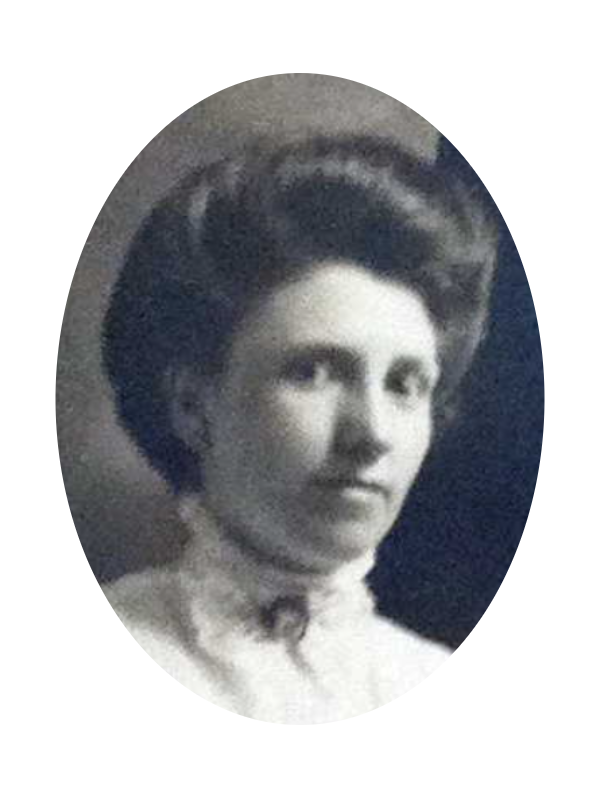
Let’s face it, in the old days, you’ll find most workers were men with women working their hineys off at home. But the Industrial Revolution saw thousands of women (and children) headed for the mills. My 2x Great Grandmother Ellen (nee) Taylor is listed as a Cotton Mill Spooler (1900) at age 16, and then a Cotton Mill Operator (1910). She was an English immigrant and lived in Methuen and Lawrence, Massachusetts. The conditions were not ideal.
At the same time in Lawrence, Mass. my 2 x Great Grandfather Michael Nevins made a living from painting carriages. He’s the poor chap who died young of TB, leaving behind Ellen and their young daughter, my Great Grandma Elizabeth (nee Nevins) Fox.
Headed down from New England to Reading, Pennsylvania, my 2 x Great Grandfather Frank Fox Sr. worked from 1900-1936(?) as a:
- Cold Steel Roller at Steel Works (1900 & 1910)
- Packer at Dye works (1920)
- and an Elevator Man at the Dye Mill (1930)
In Baltimore, Maryland, my 2 x Great Grandfather Harry Edward Scroggs had a colorful career as a lightweight (featherweight) boxer. I will do a whole separate piece on him, quite the interesting life he lived. But he also held jobs as a:
- Shirtmaker (1900)
- Boilermaker (1910)
- Chauffeur (1920-1930)
- and an attendant at a “gasoline filling station” (1940)
- This guy is going to get a few future blog posts dedicated to him.
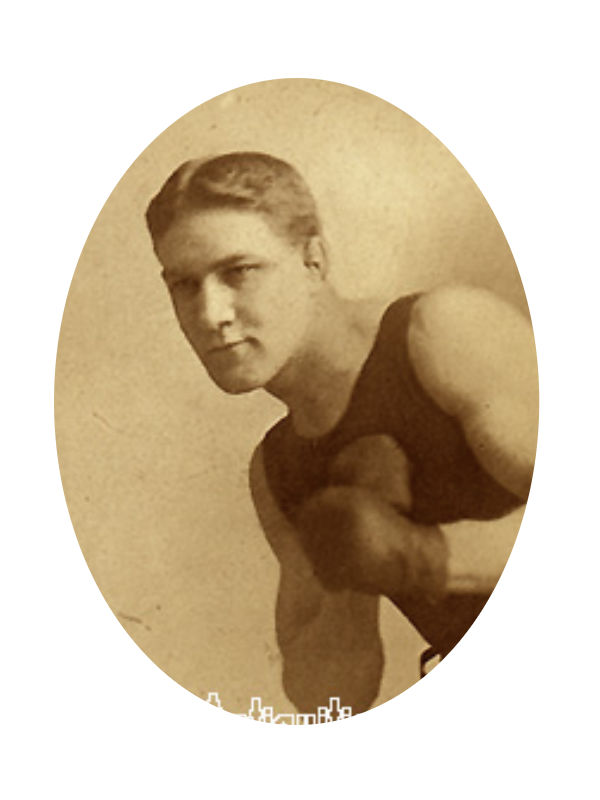
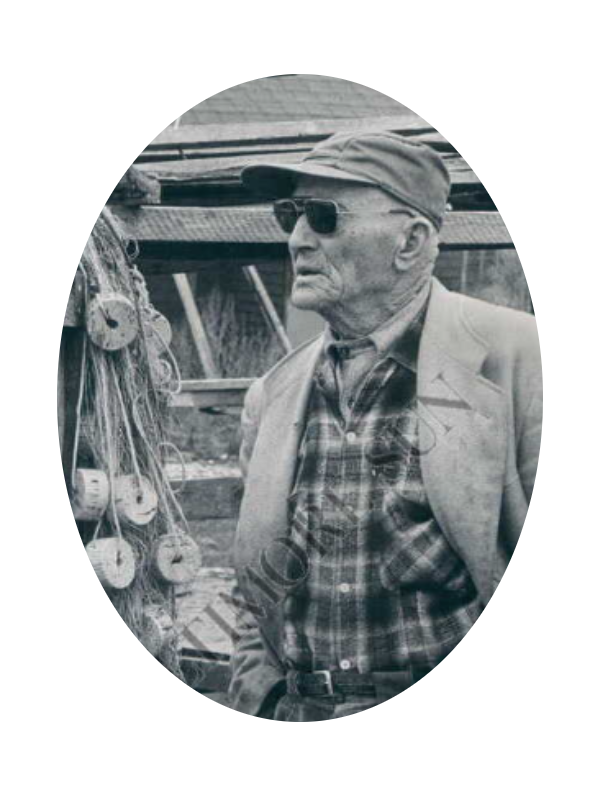
Across the Chesapeake Bay, on marshy Deal Island in Somerset County, the census shows my 2 x Great Grandfather Stanley James Hoffman listed as:
- Mariner (Oyster & Crabs) (1910)
- Sailor, Mer Vessell (1920)
- Fisherman (1930)
- Waterman Seafood Industry (1940)
I’m guessing it all probably means the same thing.
The house he built my 2 x Great Grandmother (Helen Louise Daniels) is still standing, at the point of Deal Island in a little section called Wenona. I had the opportunity to visit my Grandpa’s Aunt Alverda who is still alive and living there. Helen died on December 27, 1923 only three days shy of her 36th birthday. She left behind Stanley and six children, the youngest only 2 yrs old and the oldest (my great grandma Mava) was 14 yrs old.
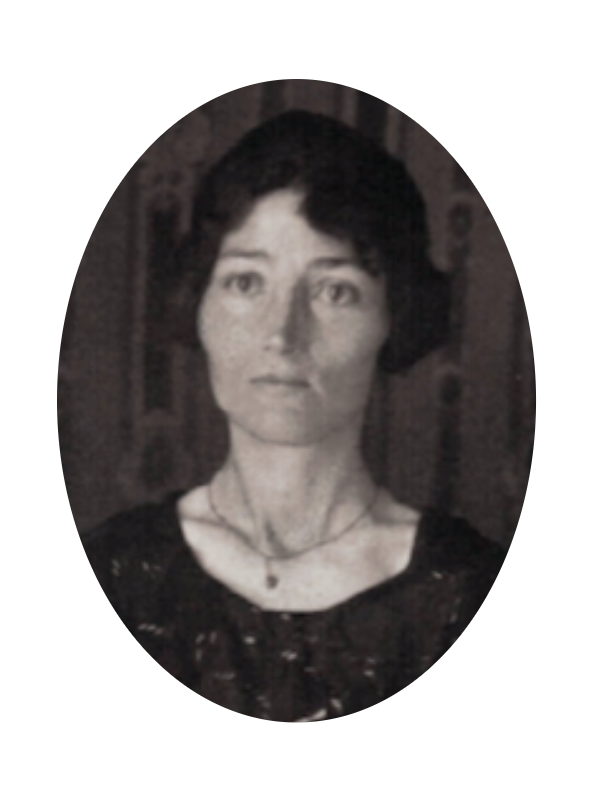
From the mid-atlantic going south to northern Georgia, my 2 x Great Grandfathers were farmers for decades: William Bowers and Richard England.
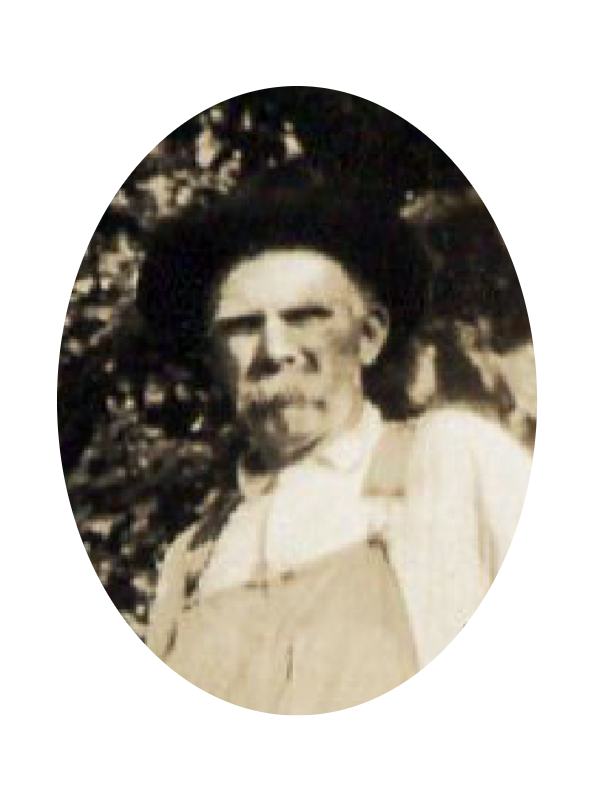
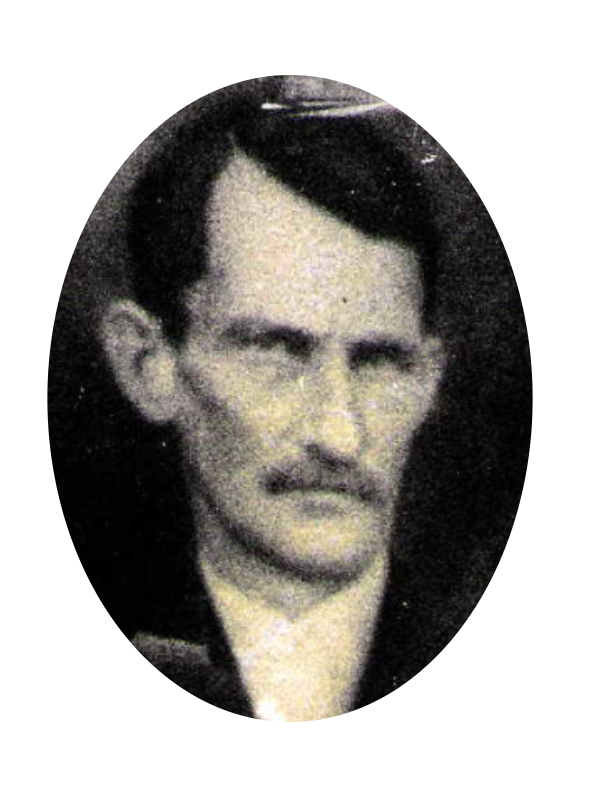
Heading northwest, my 2 x Great Grandfather Gustav Magnus (a Swedish immigrant) lived in Davenport, Iowa and was a Locomotive Fireman for the Milwaukee railroad for 45 years. A couple other interesting facts about him are that he was a member of the Knights of Thor, he ran for sheriff in 1912, and ran for county supervisor in 1936. There was another “Gustav”, however. Gustaf Adolf Ekström from Ostergotland, Sweden who is listed as a Ropparstugaren, maybe misspelled for a repslagare, a rope maker? I have yet to figure out what that means. I’m gonna half to call a life-line and ask my cousin Michael in Sweden. From an earlier story from Michael, I do know that Gustaf Ekström was chief of the fire brigade in Horn, Sweden in and around the year 1921.
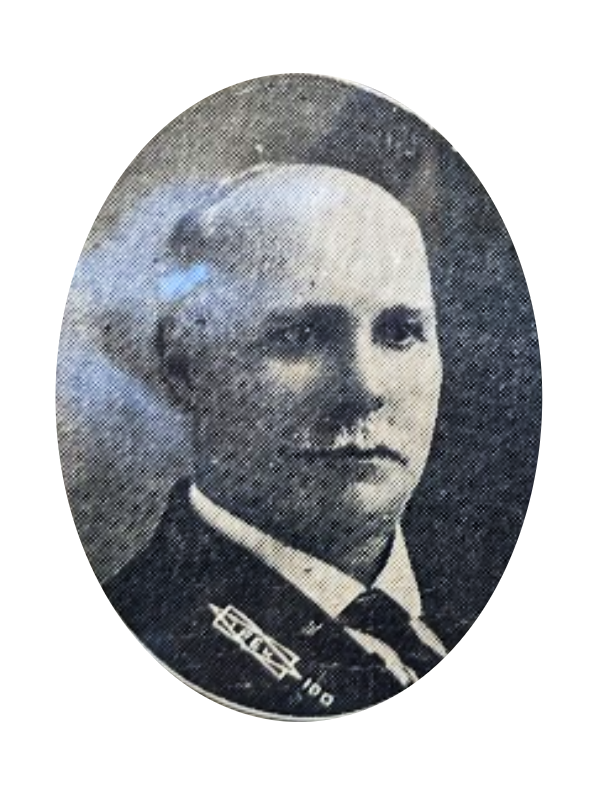
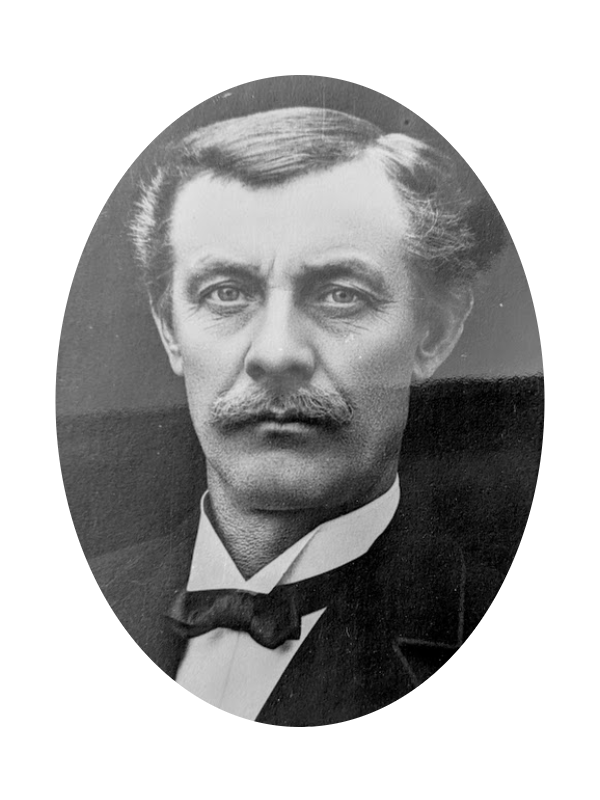
3x Great Grandparents:
- Johan Peter Johansson (SD) Farmer (Swedish immigrant) when in Sweden he’s listed as a “Torpare” which from what I can tell is a farmer who ran a small farm, another word for this is a “Crofter“
- Charles Keller (MD) Puddler & Ice Dealer (puddler is an iron worker who takes crude iron and converts it into wrought iron through a process called “puddling”)
- John Robert Scroggs (MD) Coppersmith, Wagon Driver, and a Hostler (a man employed to look after the horses of people staying at an inn), Hostler for the police department
- Charles Daniel (MD) Oysterman
- Prettyman C Hoffman (MD) Mariner /Oyster & Crabs
- Sarah Elizabeth Smith (Rainham, Kent, Eng) Domestic Servant
- Michael J. Nevins Sr (Yorkshire, Eng) Woolen Carpet Weaver
- James Taylor (MA )Woolen Mill Laborer
- Simpson Lee Bowers (GA) Farmer
- Jonathan “Athan” England (GA) Farmer
- William Samuel Gillespie (GA) Farmer & Reverend
- William Mansion Prater (GA) Farmer
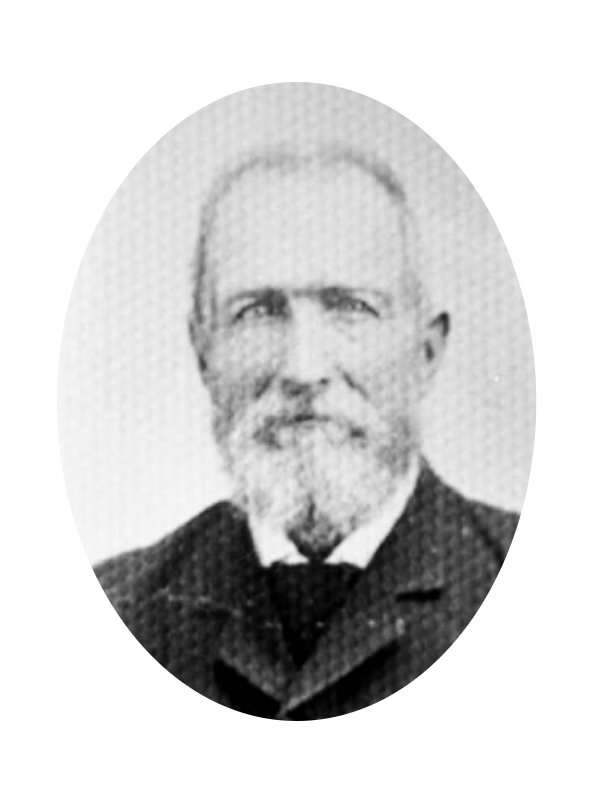
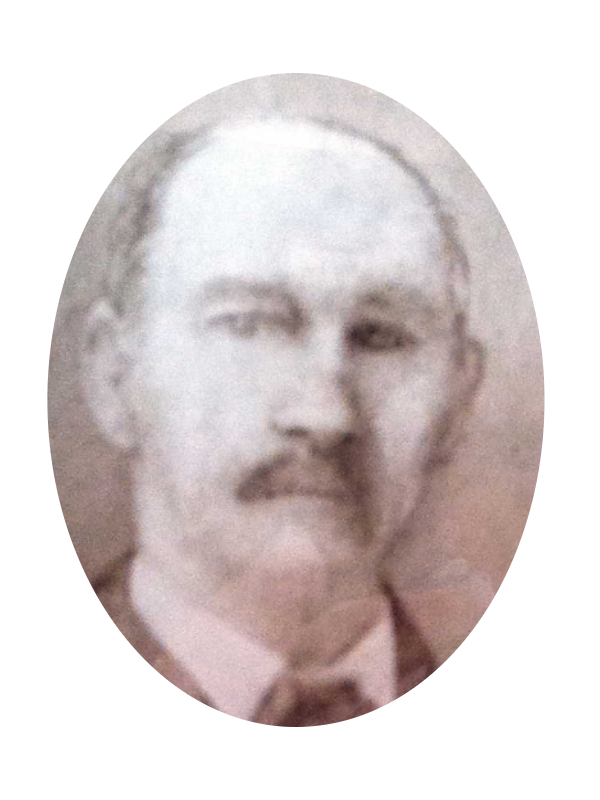
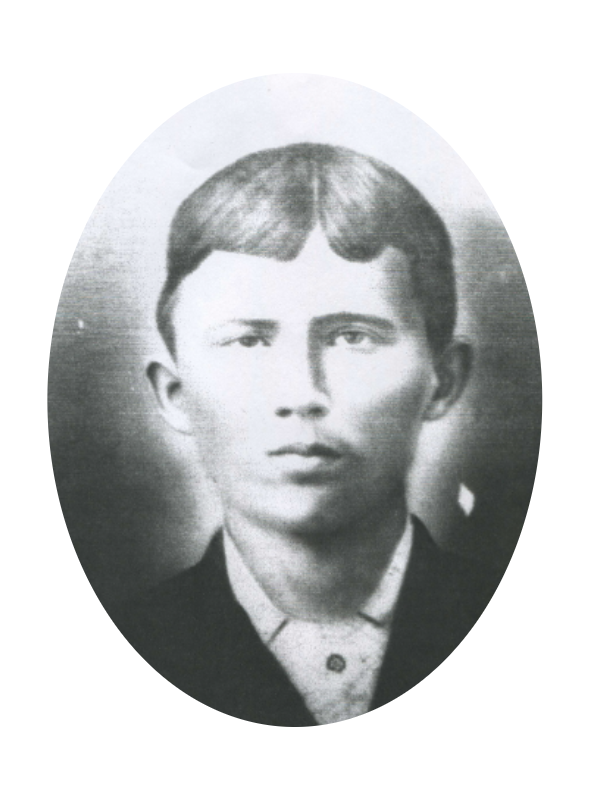
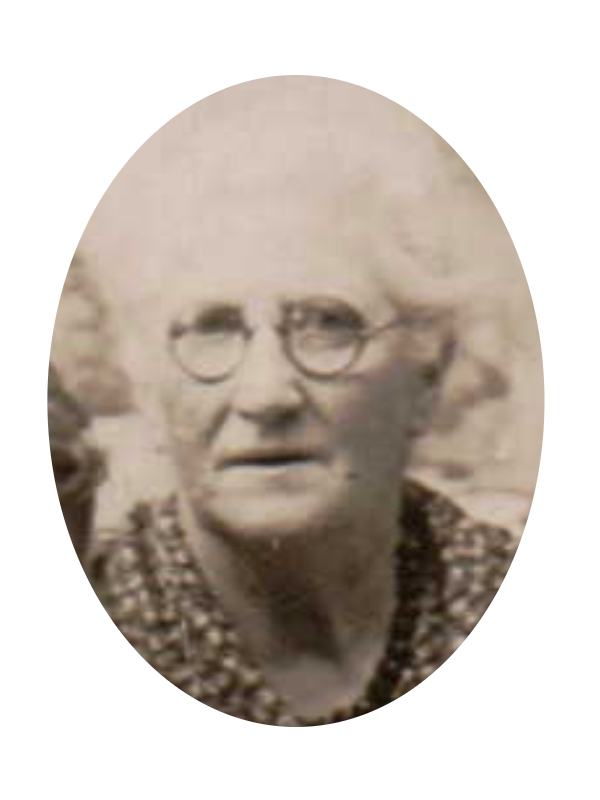
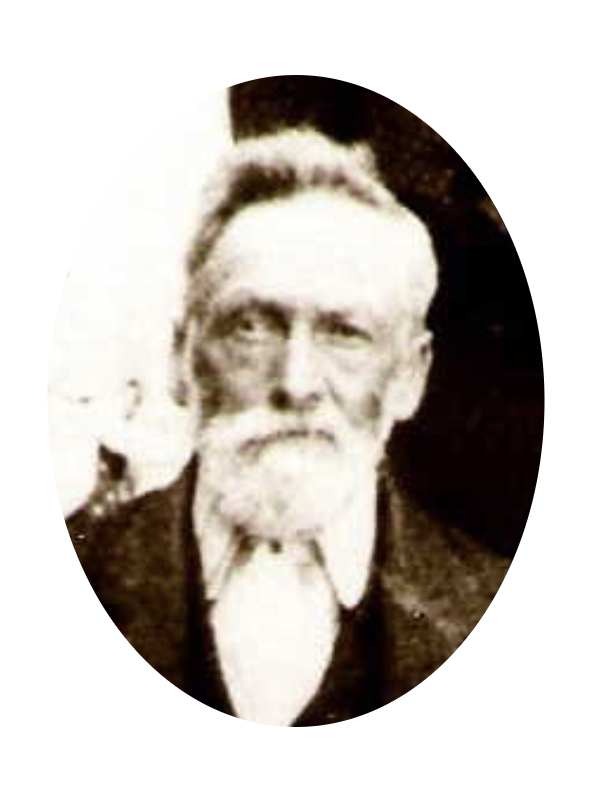
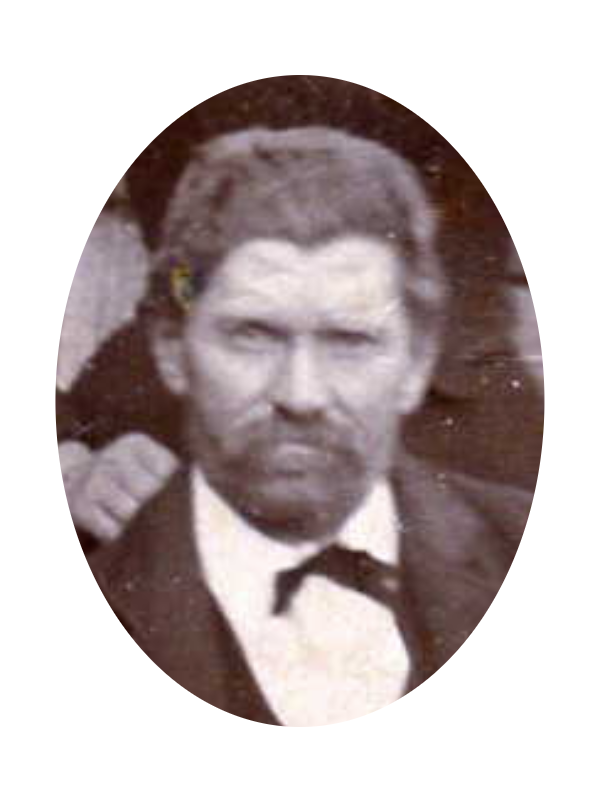
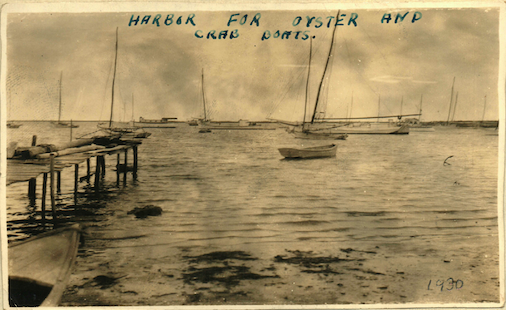
4x Great Grandfathers:
- William Alexander Scroggs (MD) Wagoner & Coppersmith
- Thomas M Curtis (GA) Blacksmith
- Anthony Nevins (Yorkshire, Eng) Masons Labourer
ALL the water dudes:
- Daniel Hoffman (MD) Waterman
- Gabriel Horatio Jones (MD) Waterman
- Daniel Hoffman (MD)Oysterman/Fisherman/Mariner
ALL the farmers:
- James Travers Daniel (MD)
- William Richard England (NC)
- John Prater (GA)
- David Bowers (GA)
- John Little Ingram (GA)
- Thomas M Curtis (GA)
- Jehiel Jackson (GA)
- Moses Gillespie (GA)
5 x Great Grandfathers:
- Nathaniel Webster (MD) Mariner
And then farmers galore:
- Alexander James White (MD)
- John H Jones (MD)
- Travers Daniel (MD)
- John Jacob Bowers (SC)
- John Gillespie (NC)
- Moses Curtis (NC)
- Charles Duncan (GA)
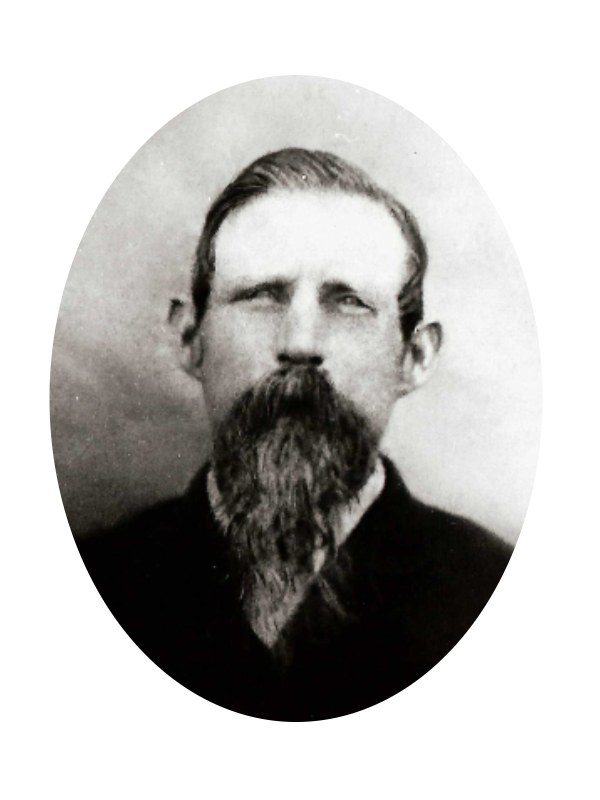
Check census records, death, birth, marriage records, obituaries, city directories. Keep a simple Google Sheet (or Excel) of your findings to record at least these 5 bits of info:
• Relation to you
• Name
• Location
• Year(s)
• Occupation
Fascinating stories are woven in those records waiting for you to find them!
Don’t miss the next Get a Clue post.
Subscribe to my newsletter and get the latest article, practical
genie research hacks, updates about my book The Record Keeper, and more!
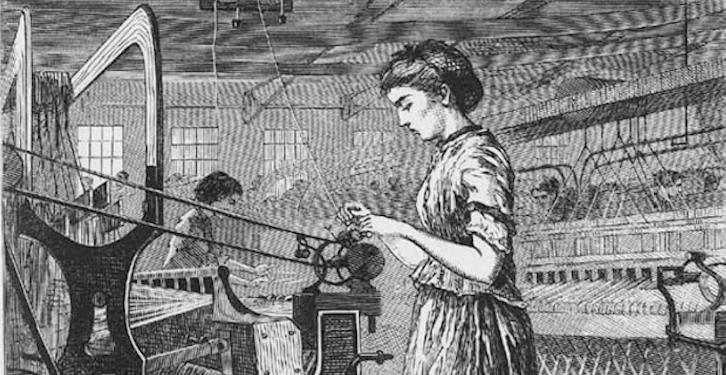

0